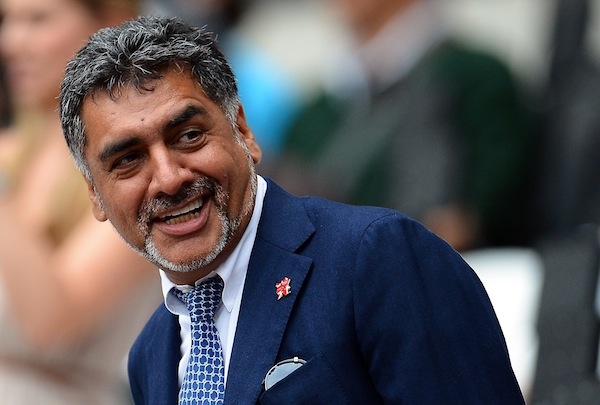There’s something about taking on a government role that makes even the most sensible man fancy himself as a vicar. It’s easy to get confused: you find yourself lurking around Parliament, which looks a bit like a church, you can give speeches that drone on a bit like sermons, and in the Commons, prayers are held at the start of each sitting. You end up preaching a little bit, not about how you want to reform the system, but about how people should run their own lives.
The confusion even seems to extend to those unelected ‘tsars’ that modern governments love appointing, with James Caan starting his job as social mobility tsar by giving parents a lecture about how to bring up their children. His big idea is that sensible parents shouldn’t try to get their children good work experience placements, leave them to flounder and then step in when they’ve spent a year failing to find a job.
The Telegraph reports this from its interview with the Dragon’s Den star:
In an interview with The Telegraph, Mr Caan said it was important for parents to “let the child stand on his own two feet”. He added that parents should not become involved for about a year and only when “the child has tried everything” and failed to find a job. Holding back ultimately helped the child, he said. “You are trying to develop your child too; you don’t want them to feel as though they don’t have to make the effort.”
Caan has a kernel of a point here, which is that it’s unfair that successful people can catapult their children into being more employable by virtue of their contacts rather than the child’s own talents. Unpaid internships and auctions for work experience placements at top firms are unfair. Parents end up panicking that they must game the system in order to give their children the best shot. And his interview was to promote new government measures to open up company recruitment processes.
Which makes Caan’s decision to start scolding parents for fussing about their children’s future a bit of a silly one. Ministers like to moralise because it lets them off the hook: rather than examining the problems with a system, it’s much easier to blame the people in that system instead. Benefit claimants are scroungers rather than people caught in a flawed system, people who reduce their tax bills legally are guilty of moral transgressions, rather than taking advantage of a mess created by politicians. It’s government the easy way, blaming people, not the system. In this instance, though, Caan is trying to do something about the system. It’s just that he’s managed to distract everyone by giving them a little sermon at the same time.







Comments